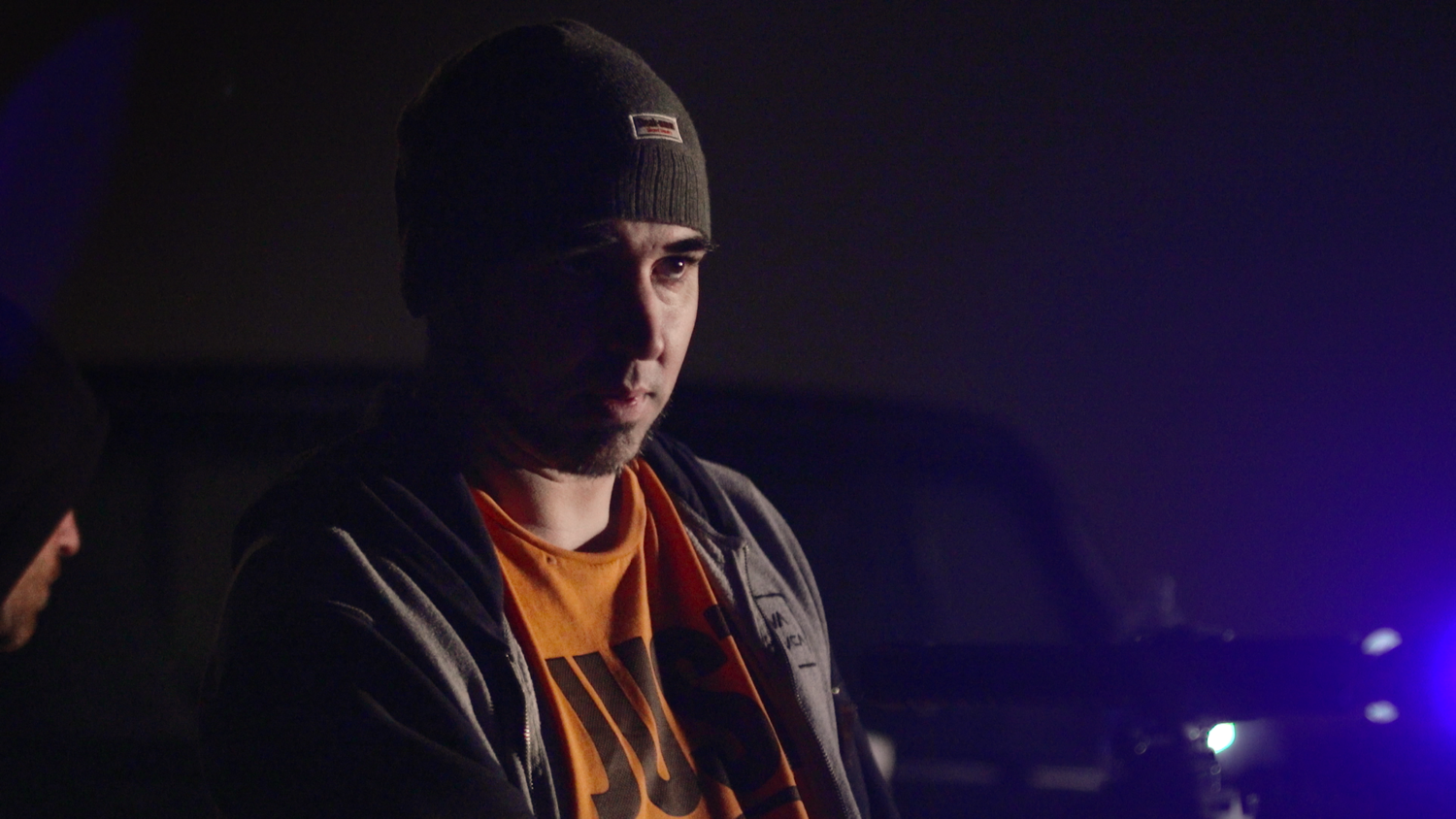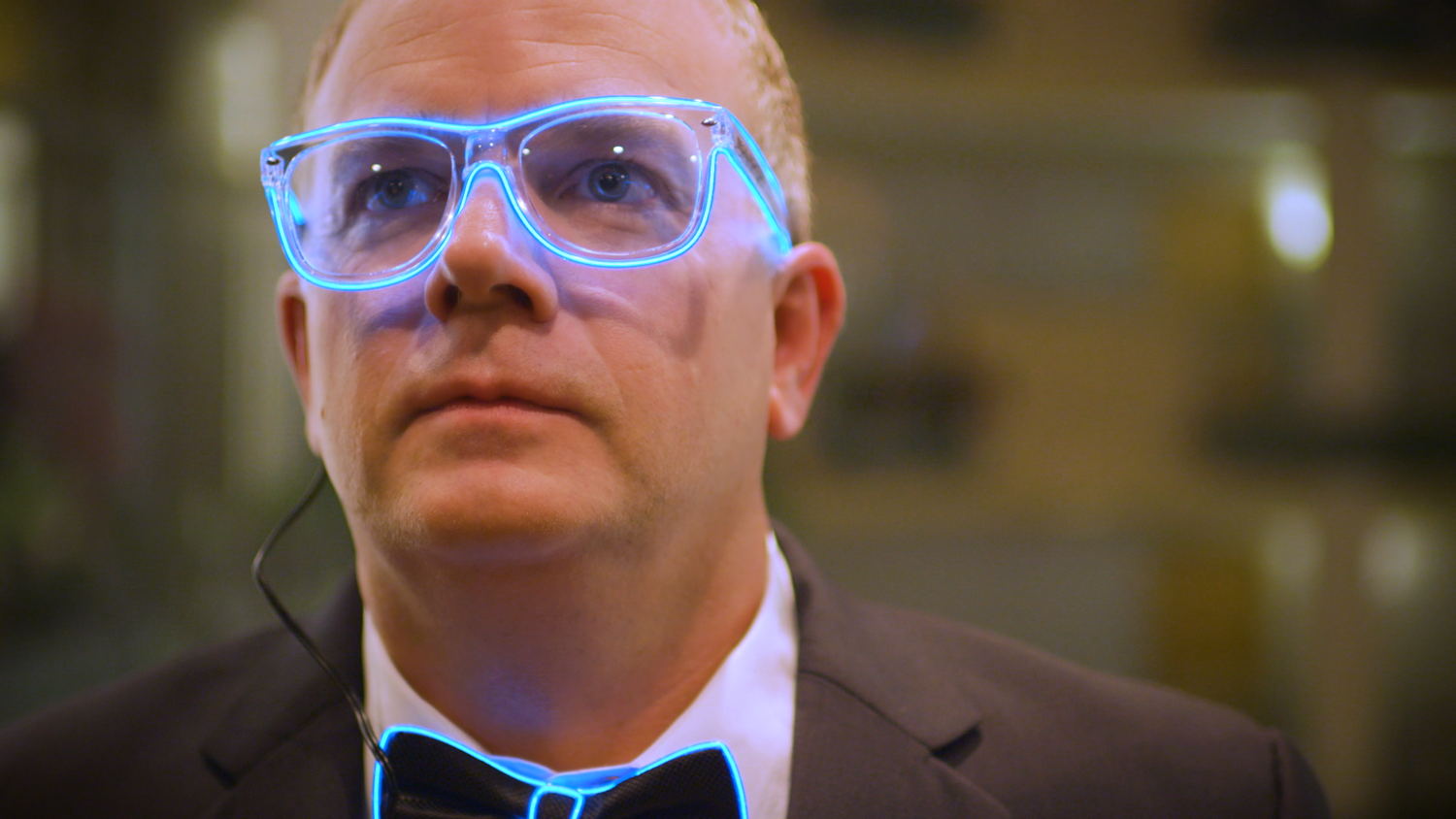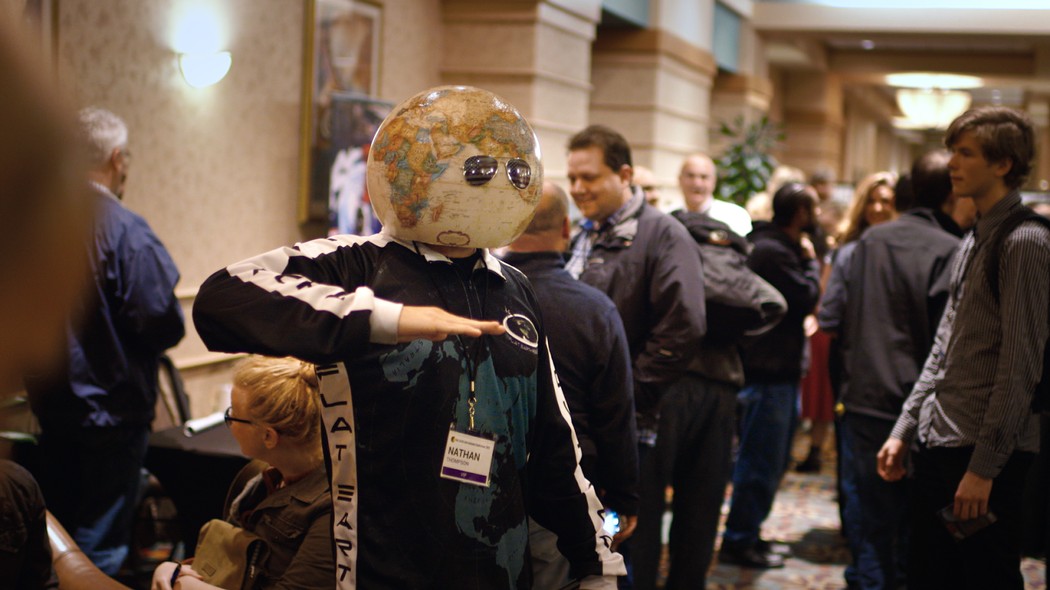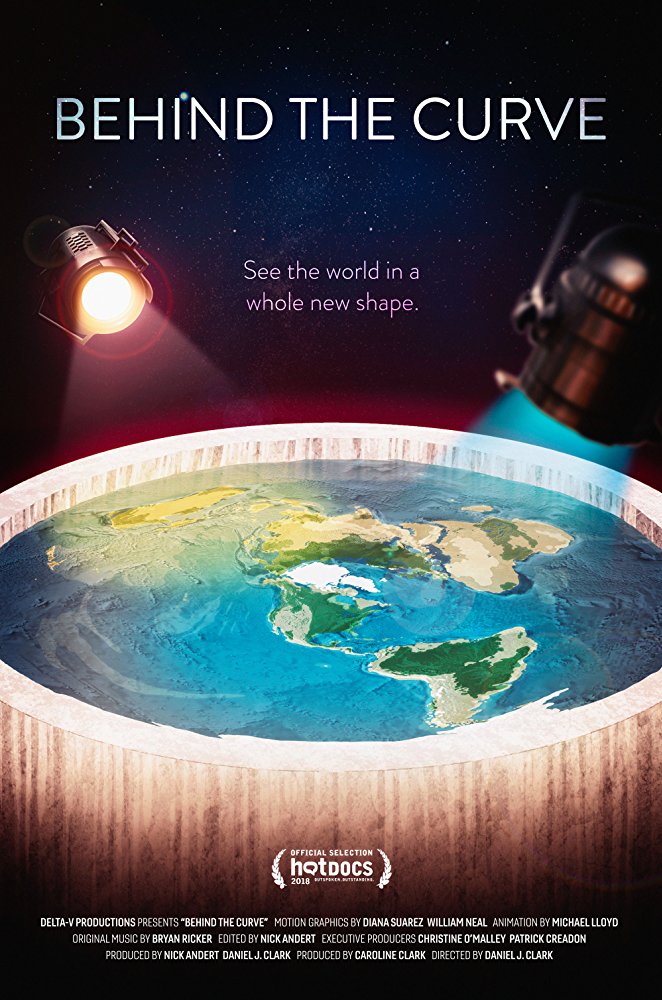Updated November 2019 Check out our very “flat earth” friendly #CISFFF2019. Now submitting, #CISFFF2020. “…Simple observations a small child can do with airplanes prove 100% that Earth is not spinning.” YouTuber Mike Helmick, May 1, 2018. Watch Mike’s video. Did you know, around the turn of the century, teaching the Earth is round used to be considered “damnable & heretical?” Learn more, Darryle Marble. Check out FE Denver 2018.
Some folks aren’t yet convinced Earth is flat. Does the moon prove flat earth’s demise? Check out this animation from Jos Leys, video. Not entirely comfortable with the label, “Flat Earther”, we consider ourselves “Shape Agnostic”. In fact, we’re more or less challenged by the technical content of the topic of the shape of Earth, the solar system, the galaxy and (alleged) points beyond.
While we find the “Flat Earth” themes and topics to be really interesting, we’re really not into debating and/or arguing about it. We’re more of an artistic, expressive project. We like bold and creative expression! As far as we’re concerned, you can say and do what you want as long as you don’t hurt anyone. Unfortunately, conversations about “serious” topics such as these frequently devolve into name-calling and worse. Like Alex aka Flat Earth Man aka Conspiracy Music Guru, we often find it difficult to talk with folks about NASA! Learn more, here.
Learn more, Colorado International SciFi & Fantasy Film Festival here, here. Also, #CISFFF 2018. “We think science is good, we’re not anti-science…A lot of science has moved away from what science is supposed to be, it’s very theoretical. What experiment do you actually do to prove the curvature of the Earth?” filmmaker Robbie Davidson explains.

VICE spoke to director Daniel J. Clark on the phone about his choice to offer flat Earthers a platform, interview by Frederick Blichert.
I recall when David Bowie’s Ziggie Stardust album was popular. I know all the lyrics by heart! Two of Bowie’s most prominent films, The Man Who Fell to Earth in which his character Thomas Jerome Newton watches 12 TV screens at once, and Labyrinth, both explore genres of sci-fi and fantasy.
Also, Bowie’s son, Duncan Jones, became a sci-fi director most famous for his film, which I watched on Netflix recently: Moon (2009). I’ve also been enjoying recently this Netflix reboot, Lost in Space, also, here. Speaking of starmen, Shouldn’t the Tesla Roadster Be Melting By Now? here. Also, Flat Earth, Tom Delonge, Donald Trump and Project Bluebeam, here. Also, Flat Earth Conference Attracts Diverse Crowd to North Carolina, here. Here’s Mark Sargent’s recent presentation, video, from Robbie Davidson’s Flat Earth Canada conference. Here’s related videos from another channel.
Infinite Perimeter Films and our learned society, Association of International Activist Filmmakers (AIAF), welcome both dramatic/fictional and documentary-style films, music, art/photos and scripts similar to Clark’s film.

We would like to feature submissions with themes along the lines of The Principle (2014) directed by Katheryne Thomas and written by Rick DeLano. We love exploring dystopian neo noir worlds like Blade Runner 2049 (2017) where technological advances in robotics and artificial intelligence threaten to destroy the very fabric of humanity and the universe. We like stories along the lines of End Day (2005).
Watch the trailer, video. Mark K. Sargent uploaded this Q&A from the Toronto film event to his YouTube channel.
Here’s excerpts from Vice’s Interview:
VICE: What got you interested in flat Earth theories and following flat Earthers for this film?
Daniel J. Clark: I’m not a conspiracy theorist, but I’ve always been interested in how people really dive into them. One of my partners on the film, Nick [Andert], he texted me one day. He was on Reddit and saw something, and he’s like, “We should make a documentary about flat Earthers, because I don’t think anyone’s ever done that, and it seems to be growing.” We looked into it, and a month and a half later, we started filming.

What did you hope to find from talking to these folks?
From the beginning, we knew we wanted to not make it a piece that was in any way making fun of flat Earthers or people with conspiracy theories. We knew we wanted to make it a very empathetic movie and understand how and why people might believe this. And then we found Mark [Sargent], who’s one of the leaders of the movement, and talked to him for a minute, and it was like, “OK, this makes perfect sense, we’re definitely going to do this.”
You mention empathy, and I thought that was something really interesting in the film. Especially hearing scientists talking about treating people with these kinds of opposing theories—that we’re tempted to dismiss outright—with empathy rather than derision. You definitely give the flat Earthers a lot of room to explain their positions. The two risks that come with that, I think, are either validating those theories, or mocking them.
A couple of people have expressed that: “Aren’t you giving them some sort of credibility by making this movie?” I don’t agree with that. I don’t necessarily think that making a movie about someone validates what they believe, but it definitely shows that, hey, these are humans. I think a lot of people’s immediate reaction is, “These people [flat Earthers] are dumb. These people are crazy.” No, they’re just people, and they believe something that you don’t.

I’m sure flat Earthers are a mixed bag also. They’ll say, “They at least showed our side of things, and that’s what’s important,” and they’ll probably also be upset that there are scientists in there, and the movie comes from a perspective of a non-flat Earther, which they knew. They didn’t think I was a flat Earther.
Did that make it hard to get them to open up to you? I’m sure they’re used to people treating them like crackpots.
I think at first that could be the case. I started with Mark, and then I went to Patricia [Steere] in Houston. They have a show that a lot of people watch and appreciate, and so when they spoke on our behalf [to other flat Earthers], saying, “These people are fine, you should talk to them,” I think that helped us get a lot of people to open up.
You mention how you see flat Earthers potentially reacting to the film. Did you see this film as something you wanted flat Earthers to watch, or was it aimed at everyone else?
At first there was the thought that we could make a movie that flat Earthers or conspiracy theorists would watch, and come to an understanding of themselves. That is still entirely possible, but as we were making it, I think we shifted our focus. I use my brother as an example. My brother is a super science person, loves sci-fi, loves everything about space, and he’s one of the smartest people I’ve ever met. He has the most disdain for flat Earthers. He doesn’t have the patience to even talk about it. I think I ended up making the movie more for people like him, which are people who aren’t willing to give them even a moment’s thought, or are aggressively against them.
If you’re trying to fix the flat Earthers, that’s honestly a much harder job than to try to get someone to see someone else as another human being. So the movie is kind of for my brother [laughs]. And he likes it…..
THIS ARTICLE CONTINUES, READ MORE.
